
Cold sores or fever blisters are a common and very unpleasant ailment. They appear on the lips, last for several days, look unappealing, they hurt and they are contagious.
These painful sores are caused by a virus called herpes simplex virus, usually of type 1. it is estimated that 50 to 80 percent of all people have this virus, but not all of them develop cold sores. Apart from the lips, the sores can appear on cheeks, eyelids, fingers, nose and mouth. They are painful and they represent a cosmetic concern. Once they start oozing, they are difficult to conceal and in some cases they even leave a scar.
Symptoms of cold sores
When the virus enters the body, it may stay inactive or it may start showing symptoms. One to two days prior to the appearance of the sore, there is usually a slight tingling or burning sensation, after which the blisters occur. There may be just one blister or a cluster of several smaller ones. the blisters are filled with clear fluid, they hurt and cause itching. After a day or two the blisters break and start oozing, and it is then that a cold sore is most contagious. In the final phase, the sore develops a crust which eventually falls off. If left alone and not touched or picked at, the crust will not leave a scar.
Causes of cold sores
Cold sores are caused by herpes simplex virus. It is usually the type 1, while the type 2 is mainly responsible for genital herpes. However, both types can cause symptoms on lips or in the genital area. The virus can enter the body and stay dormant for years. Such infections are called asymptomatic. There are certain factors that trigger the virus to cause a cold sore. Those include dry, chapped lips, stress, menstruation, lack of sleep, tooth extraction, digestive problems, infections like common cold or flu, overexposure to sunlight and impaired immune system due to different causes.
Treatment of cold sores
Since what is causing cold sores is a virus, it is not easy to treat them and medical science has not yet discovered one effective medication for this ailment. There are, however, certain measures that can reduce the symptoms and shorten the duration of cold sores.
Blisters usually clear up on their own in two weeks maximum without any medication. Some medications can be used to reduce pain and itching, as well as redness, for example Lidocaine and Benzocaine. Oral antiviral medications can also be somewhat helpful. Those medications are best if used early, as soon as the indicative tingling sensation starts. There are also home remedies that may be effective, like saline solutions, propolis, baking soda paste, and sage tea.
The important thing is not to touch or pick at the cold sore and to wash hands frequently. That way the risk of infection someone else will be reduced and the sore will be able to heal more quickly.


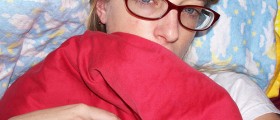

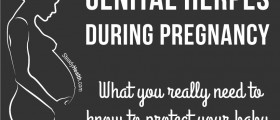
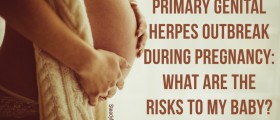
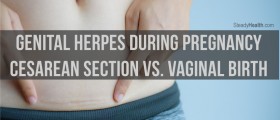
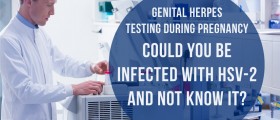
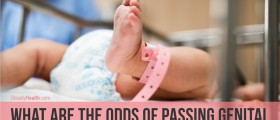
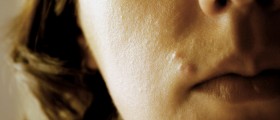
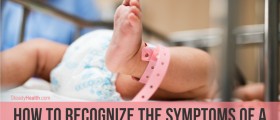
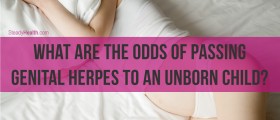

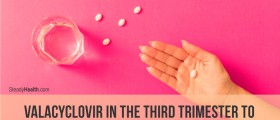

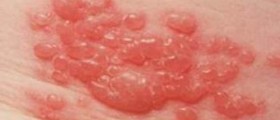
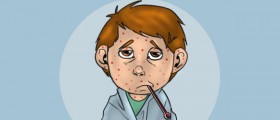
Your thoughts on this
Loading...